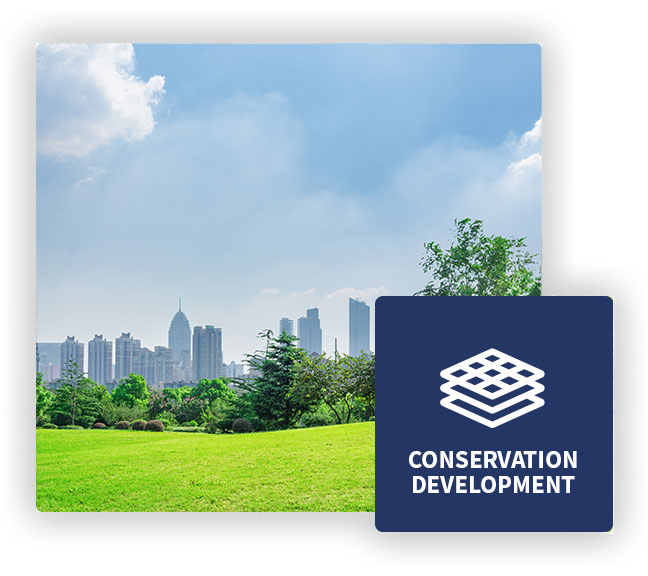To improve the risk-return characteristics of your investment portfolio.
Alternative investments can be understood as investments in asset classes other than the traditional stocks, bonds, or cash. Alternative investments is an all-inclusive term that captures financial assets like real estate, private equity, commodities, life settlements, hedge funds, venture capital, and more. Despite the unique risks and considerations that come with these investments, alternative investments can be an extremely useful tool to improve your portfolio’s risk-return characteristics. Such investments can increase diversification and reduce volatility. Also, considering the low correlations to more traditional investments; they can offer the potential for enhanced returns due to the wider investment opportunity set; and they can hedge certain portfolio exposures, thereby reducing concentration risk.


Keeping the potential benefits of these investments in mind, it is interesting to note that the typical individual investor has little exposure to alternatives, whereas large institutions have a large portion of their portfolio allocated to alternatives. One reason for this is that while many investors will acknowledge that they are worried about losing money due to market volatility, they are still unwilling to consider alternative investments even though their portfolios might benefit from their inclusion.
The question that arises now is why exactly are investors unwilling to include alternatives in their portfolios. Is the reason that they don’t quite understand the benefits, risks, costs, and liquidity of opportunities? While there is no one-size-fits-all answer to this, the principals of Legacy Wealth Planner can help you find the best fit for you!
Our alternative investments cover the following assets

Real estate
This includes real estate funds, property portfolios, and individual properties. Real estate funds focus on property types such as multi-family, student housing, retail, office, healthcare, assisted living, self-storage, and more. Fund strategies may comprise acquiring existing properties, ground-up development, and value-added, wherein the goal is to increase rents or occupancy, and eventually value by repositioning the property.

Oil and gas
In the area of oil and gas, investments can give attractive returns and significant tax benefits. Here, opportunities include drilling – developmental, working interest, enhanced recoveries – and royalties wherein an investor receives a portion of any revenues generated from production. Investing in oil and gas can include funds that participate in royalty interests as well as directly purchasing individual royalties.

Private equity
Investments focused on equity and debt securities in private companies are often associated with leveraged buyouts. In reality, private equity is more complicated and has risks as well as opportunities for generating substantial returns which is why large institutions have been participating in equity funds for years.

Life settlements
A life settlement can be understood as the sale of an insurance policy by the owner, to any third party. For investors, such funds offer the potential for attractive returns while investing in an asset class that is largely uncorrelated with other financial markets.

Conservation development
This is an opportunity to invest in a land project that can be developed for potential upside, held for future investment, or donated through a conservation easement to a land trust that would allow the land to remain in its current state potentially providing significant tax benefits.



